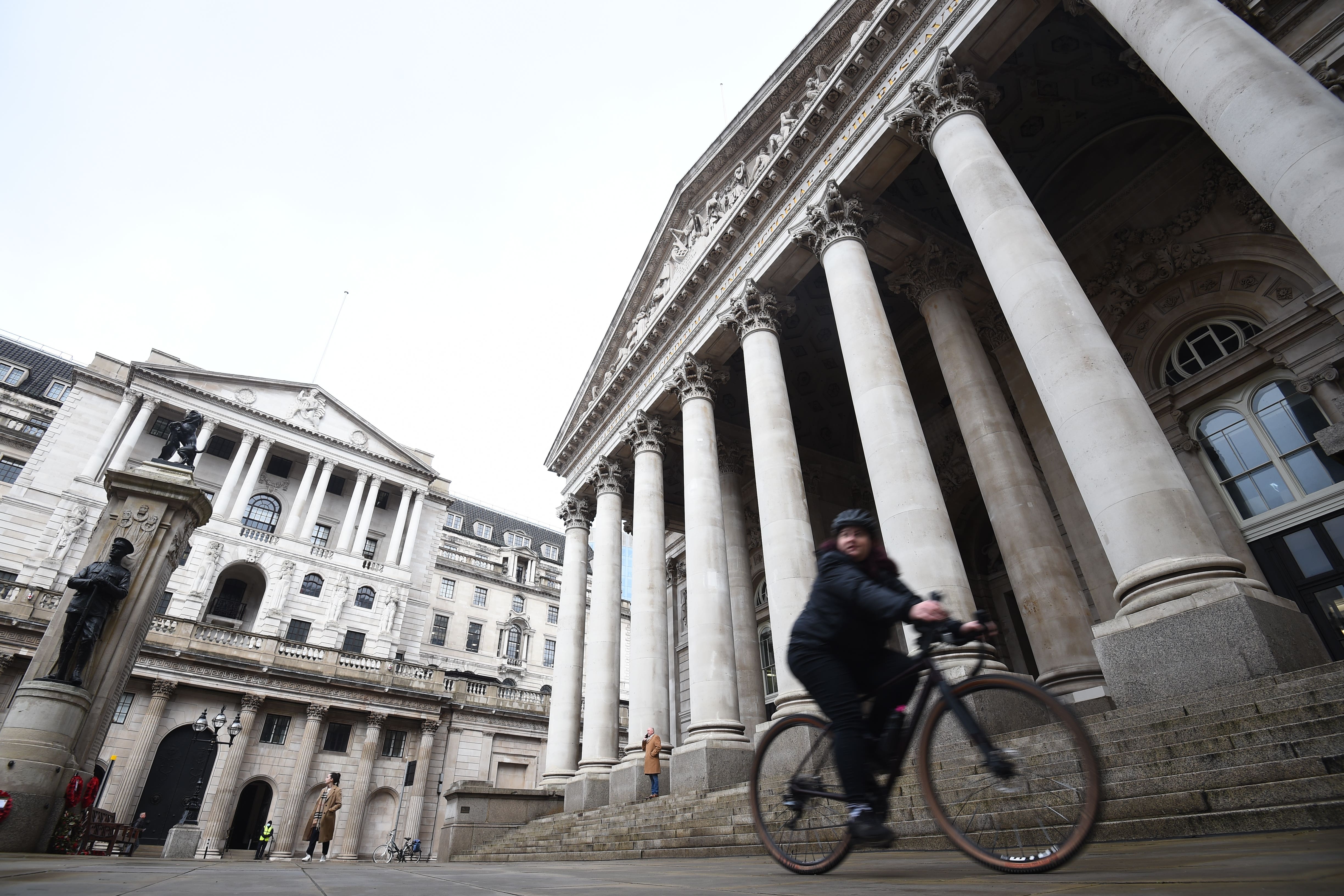Why have interest rates gone up and what impact will it have?
The Bank of England has decided to increase interest rates for the ninth time in a row, bringing its base rate to 3.5%.

The Bank of England has increased interest rates again, bringing them to the highest point in 14 years.
What does it mean for households, and why does the Bank feel it has to do this. We explore the outcomes here.
What has happened to interest rates?
The Bank of England has decided to increase interest rates for the ninth time in a row, bringing its base rate to 3.5%.
It is the highest base rate since the financial crisis. The last time rates were higher – at 4.5% – was in November 2008.
The Bank said that rates needed to rise as the supply of workers remains tight, which is pushing up wages. This will help to push up inflation.
There are also signs that pressures which cause inflation to rise might stick around for longer than thought.
What impact do higher interest rates have on ordinary people?
People with tracker mortgages will likely be those who are most directly and immediately impacted by the change in interest rates that the Bank announced on Thursday.
Their mortgages will rise after the announcement, as they correspond to what the Bank’s rate is.
But people with fixed-price mortgages will also be impacted further down the road when they need to renew their deals
Savers will benefit, at least somewhat, as the interest that is paid on savings accounts will rise.
What do economists think might happen next?
Most economists seem to think that more rate rises are likely to come – the question is more how many and how high rates will go.
Most seem to think that rates will rise by another 0.5 percentage points over the next couple of meetings.
However, it is likely that some of the members of the Bank’s Monetary Policy Committee (MPC) will push against further rate rises. Two people on the committee voted for rates to remain unchanged this month.
Why does the Bank of England increase interest rates?
One of the Bank’s main responsibilities is to try to keep inflation at 2% – and its decision makers want to make sure that inflation does not stay above or dip below that level for too long.
At the moment. inflation is more than five times that target, forcing the Bank to pull out its tools to try to get it back under control.
The most effective tool that the Bank can use is interest rates. By raising rates it becomes more expensive to borrow money and more profitable to save.
This means there is less money being spend in the economy, so prices are likely to remain lower.
Subscribe to Independent Premium to bookmark this article
Want to bookmark your favourite articles and stories to read or reference later? Start your Independent Premium subscription today.
